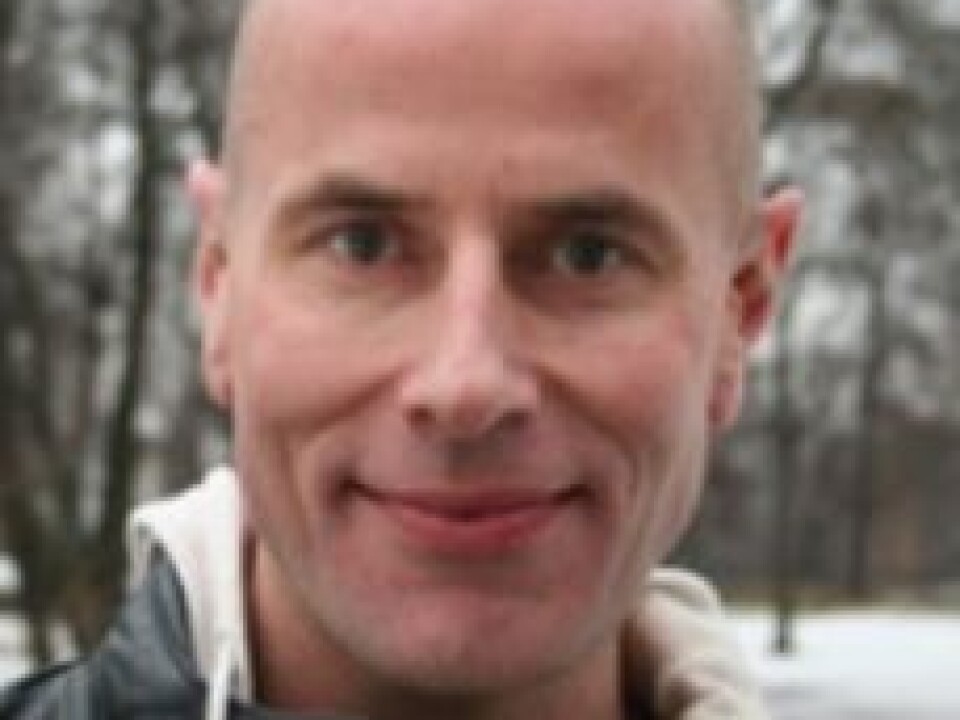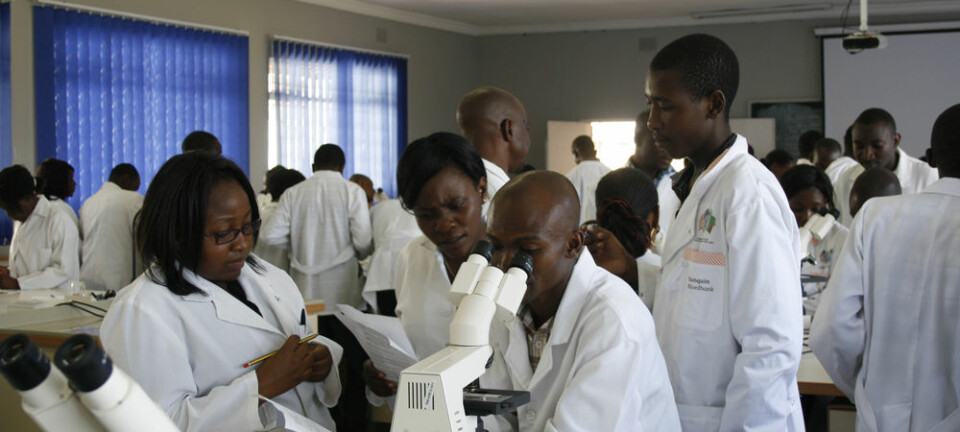This article was produced and financed by The Research Council of Norway

Same-sex attracted men neglected in Africa
HIV-related research and programming has excluded same-sex attracted men in Africa for three decades. Their exclusion cannot be accounted for by the assertion that they are unreachable, says researcher.
Denne artikkelen er over ti år gammel og kan inneholde utdatert informasjon.
The first HIV-related study among African men who are attracted to men was carried out in 2005, fully 25 years into the HIV epidemic.
"Seven years later there is still very limited research and programming focusing on this group of men," says Kåre Moen, a physician and post-doctoral fellow in medical anthropology at the University of Oslo.
No longer undisputed
"In the international AIDS discourse it has until recently been an undisputed truth that men who have sex with men (MSM) in Africa are hard to reach," says Moen, who has conducted research within this group of men in Tanzania.
Based on 15 months of ethnographic fieldwork, his doctoral thesis explores how MSM in Dar es Salaam understand themselves, live their lives and deal with issues related to HIV.

"When the study was under planning, I must admit I was under influence of the hard-to-reach discourse," confesses Moen.
Yet, these difficulties failed to materialise in Tanzania, "It was neither time-consuming nor difficult to establish contact with same-sex attracted men in Dar es Salaam, or to involve such men in research."
Inaccurate and damaging
In his PhD work, Moen critically examines the hard-to-reach discourse in light of this finding. He argues that it is rooted in a taken-for-granted narrative that circulates broadly without being examined or questioned.
"It is increasingly clear that the hard-to reach narrative is not only inaccurate, but also damaging," says Moen.
"Not the least because it discourages engagement with the men it mischaracterises. It also works to falsely justify the exclusion of African MSM due to their supposed unreachability."
"That they have not been included in HIV prevention for such a long time would not be surprising or criticisable if they could not or would not be reached; it would be a logical consequence. But when asserting that MSM in Africa are unreachable, one also asserts that there have been on-going efforts to reach MSM - unfortunately, that is just not supported by the historical record,’ says Moen.
Different understandings of homosexuality
Moen is interested in the fact that same-sex relations are understood differently from country to country and over time. Basing preventive work on experience from elsewhere can easily end in failure. In Tanzania, for example, not all MSM identify themselves as ‘gay’.
‘To be able to create meaningful programmes together with MSM, it is important to understand how same-sex eroticism and relations are shaped and lived locally,’ underlines Moen.
Translated by: Allegro
































